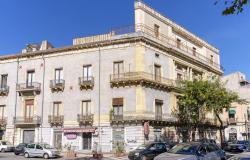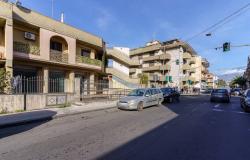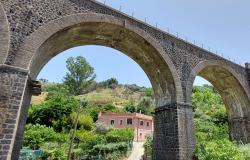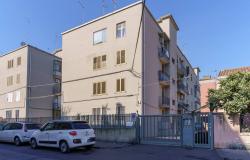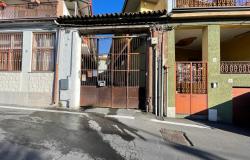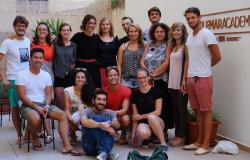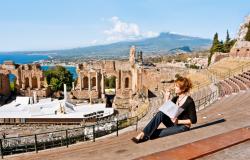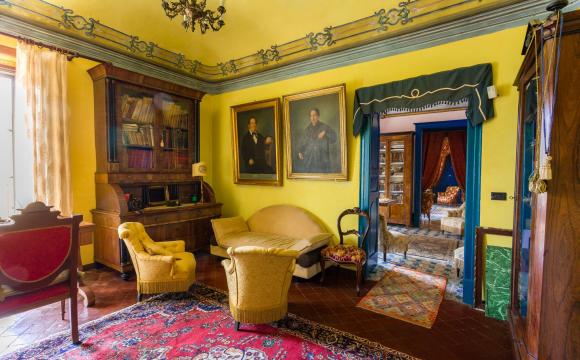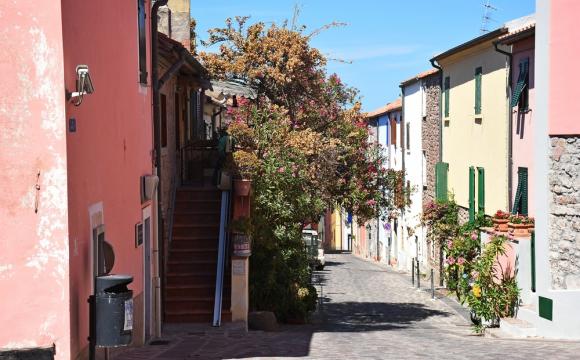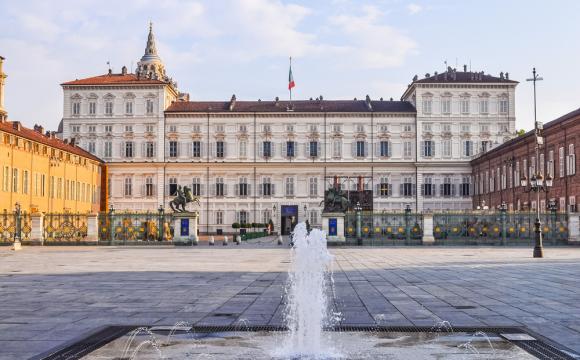Words by Pat Eggleton
In the week when the city of Catania announced that its administration does not have enough money to stage the second edition of the Bellini Festival [due to begin on 29th November] it seems appropriate to take a closer look at this Sicilian master of bel canto and his legacy:
Vincenzo Bellini was born into a musical family in Catania in 1801.
His grandfather was composer and organist for a local nobleman and his father was a composer, too. Vincenzo began studying music at the age of two, taught by his grandfather. It is said that he composed his first pieces at the age of six. In 1819 he left Catania to study at the Conservatorio in Naples where he was introduced to the public as the composer of the opera “Adelson e Salvini”. His second work, “Bianca e Gerardo” was successful at the San Carlo. This led to a commission for an opera for La Scala, “Il pirata”. This, too, was a success and saw the beginning of Bellini’s collaboration with the librettist Giovanni Battista Rubini.
 From 1827 – 33 Bellini lived in Milan, where he was a sensation, although his new style of music was controversial. Bellini lived a hectic social life and gained a reputation as a dandy. He began to travel and his masterpieces, “La Sonnambula”, “Norma” and “I Puritani” enjoyed huge success.
From 1827 – 33 Bellini lived in Milan, where he was a sensation, although his new style of music was controversial. Bellini lived a hectic social life and gained a reputation as a dandy. He began to travel and his masterpieces, “La Sonnambula”, “Norma” and “I Puritani” enjoyed huge success.
Sadly, Catania’s prodigy died of gastroenteritis at Puteaux near Paris in 1835. He was buried in Père Lachaise cemetery but his remains were moved to Catania Cathedral in 1876.
 The city of Catania never forgot its famous son and the house where he was born is now a charming museum. It still has the atmosphere of a private house and on display are family memorabilia such as the spinet which belonged to Vincenzo’s grandfather. In the alcove where Vincenzo was born visitors can see the harpsichord on which, during a visit home in 1832, he played all the music from "Norma" for friends and family until the early hours. Documents, scores, manuscripts, pictures of the composer’s favourite singers and exercise books from his childhood are also on display.
The city of Catania never forgot its famous son and the house where he was born is now a charming museum. It still has the atmosphere of a private house and on display are family memorabilia such as the spinet which belonged to Vincenzo’s grandfather. In the alcove where Vincenzo was born visitors can see the harpsichord on which, during a visit home in 1832, he played all the music from "Norma" for friends and family until the early hours. Documents, scores, manuscripts, pictures of the composer’s favourite singers and exercise books from his childhood are also on display.
It has to be said that in his home town Vincenzo is as much remembered for the pasta dish named after his most famous heroine as for his music and there cannot be a Catania restaurant that does not feature “pasta alla Norma” on its menu. The story goes that when Vincenzo’s friends saw the opera, they were so impressed that they went around calling everything that was excellent "una vera Norma" [“a real Norma”] and the epithet stuck when it was used to describe this dish.
There are many versions of “pasta alla Norma” but the main ingredients are aubergines and the salted ricotta that is sprinkled over the top. Spaghetti are often used but I like to make the dish with penne pasta. Here is the recipe that works for me.
 I would like to be able to tell you that the famous Bellini cocktail of prosecco and peach juice is named for Vincenzo but alas, Giuseppe Cipriani, the barman who invented it at Harry’s Bar in Venice, named it for the painter Giovanni Bellini because the colour of the drink reminded him of a colour in one of Giovanni’s paintings.
I would like to be able to tell you that the famous Bellini cocktail of prosecco and peach juice is named for Vincenzo but alas, Giuseppe Cipriani, the barman who invented it at Harry’s Bar in Venice, named it for the painter Giovanni Bellini because the colour of the drink reminded him of a colour in one of Giovanni’s paintings.
A music college and a theatre, the Teatro Massimo Bellini are named for “our” Bellini in his native city, though. Let us hope that the celebrations go ahead there this year.

